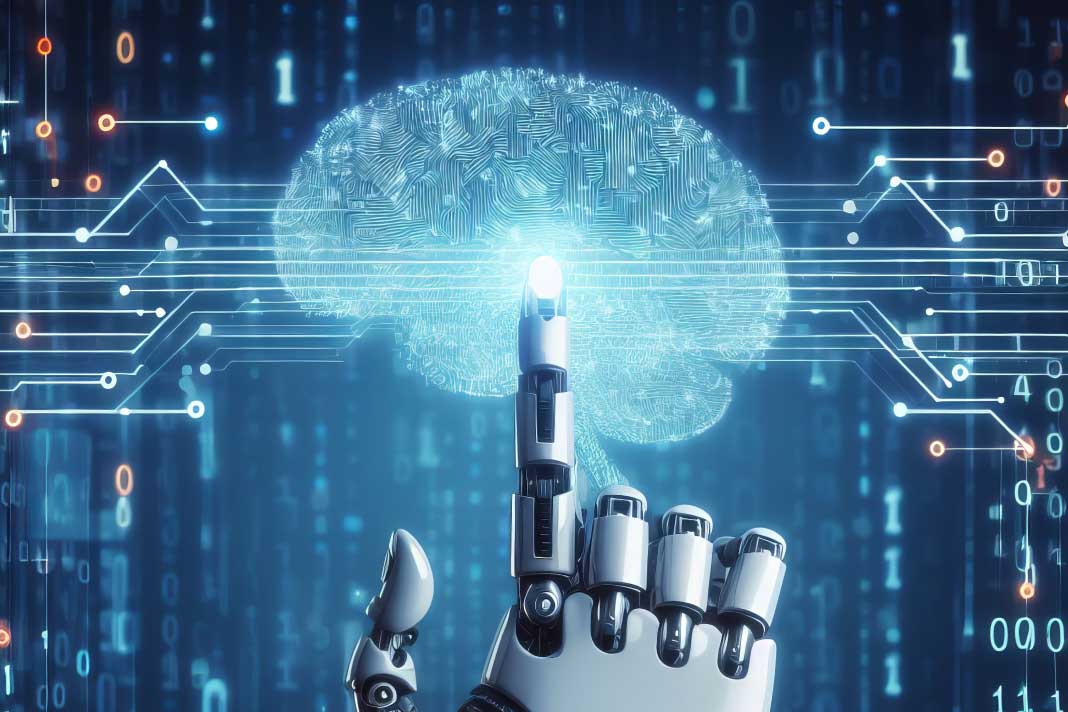Chief Justice Roberts throws shade at AI in law! Dehumanizing justice or fairer courts? The debate heats up.
Supreme Court Chief Justice John Roberts raised concerns about the increasing presence of artificial intelligence in the US judicial system in an annual report released Sunday, warning that the emerging technology could risk “dehumanizing the law” and imperiling fair treatment in the justice system.
“AI has great potential to dramatically increase access to key information for lawyers and non-lawyers alike. But just as obviously it risks invading privacy interests and dehumanizing the law,” Roberts wrote.
The chief justice spent much of his 13-page year-end report laying out how new technology has positively changed the federal court system over the years. But he avoided addressing how the court has recently been pushed into two major disputes involving former President Donald Trump and issues involving ethics and transparency that plagued the court for much of the year, leading the nine justices to announce a new code of conduct last month.
Instead, he presented AI as the “major issue relevant to the federal court system.” The technology, Roberts wrote, “requires caution and humility.”
Roberts acknowledged that AI could assist with making courts more accessible, especially for people who may not have the resources to hire an attorney. “These tools have the potential to smooth out any mismatch between available resources and urgent needs in our court system,” he wrote.
But he appeared wary toward a wholesale adoption of the technology in courts, noting that “studies show a persistent public perception of a ‘human-AI fairness gap,’ reflecting the view that human adjudications, for all of their flaws, are fairer than whatever the machine spits out.”
Roberts also pointed to a flaw in one prominent AI tool that caused “lawyers using the application to submit briefs with citations to non-existent cases. (Always a bad idea.).”
The chief justice said he welcomed coming efforts by the Judicial Conference – the federal courts’ policy–making body to examine AI’s “proper uses in litigation.”
“I predict that human judges will be around for a while,” Roberts wrote. “But with equal confidence, I predict that judicial work – particularly at the trial level – will be significantly affected by AI.”
The year-end report also highlighted key statistics on the caseload handled by the Supreme Court during its previous term. The number of cases filed to the high court fell by 15% compared with its 2021 term, while 68 cases were argued before the justices last term – two fewer than the 2021 term.



